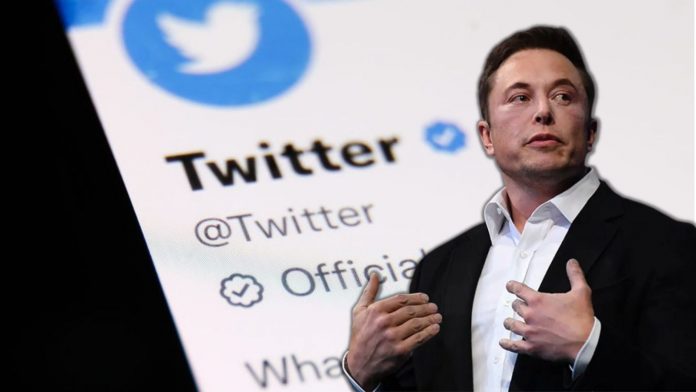On May 15, an appeals court ruled that Elon Musk couldn’t back out of a settlement he made with securities regulators after his 2018 tweets. The tweets assert that he earned money to take Tesla private, which caused the EV maker’s share price to jump and temporarily halt trading.
Just days after a three-judge panel heard the attorney’s arguments, the 2nd U.S. Circuit Court of Appeals, SEC, in Manhattan issued the summary order.
Since circumstances have changed and the decree involves a “prior restraint” that Musk claims violates the First Amendment, Musk appealed a lower court Judge’s decision compelling him to comply with the agreement last year.
Musk must get a Tesla lawyer’s permission before posting anything on Twitter as part of the Securities and Exchange Commission settlement. Additionally, it demands that Musk and Tesla pay civil penalties for Musk’s tweets, which he claimed to have “funding secured” for a $420 per share private takeover of Tesla. However, that never ended up happening and the EV maker remains public.
In its ruling, the 2nd Circuit said it saw “No evidence to support Musk’s contention that the SEC has used the consent decree to conduct bad-faith, harassing investigations of his protected speech.”
Also, the appeals court dismissed Musk’s prior restraint claim, ruling that parties entering consent decrees may voluntarily waive their First Amendment and other rights.
Musk’s lawyer, Alex Spiro, issued a statement in which he said: “We will seek further review and continue to draw attention to the important issue of the government’s restriction on speech.”
Musk has the option of appealing to the entire 2nd Circuit or the US Supreme Court.
The SEC was investigating whether Musk’s November 2021 tweets asking Twitter followers if he should sell 10% of his Tesla stock violated an October 2018 settlement Musk signed after the SEC brought an enforcement action against him alleging that his tweets about going private violated antifraud provisions of securities laws.




